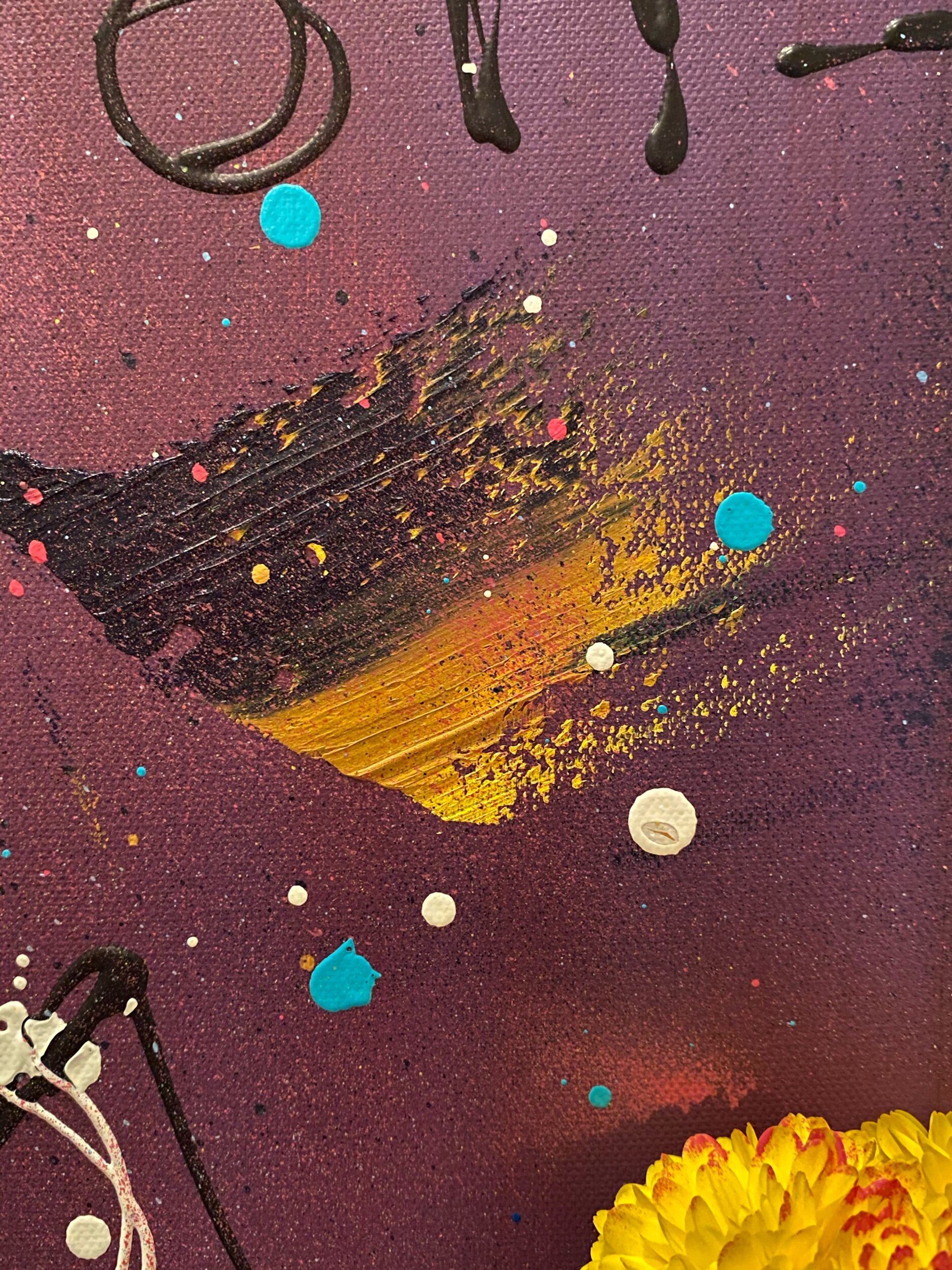excerpt of email i sent to my students:
It’s ok to be afraid.
I’ve posted this statement about being afraid across different social media platforms the last couple of weeks, and really days. It’s ok to be afraid. These past days have felt very fuzzy and gray to me, very difficult to find the correct energies to think about syllabi and course rubrics. I am concerned about my family. I am thinking about my friends, hoping everyone is well. I am going to parks in order to walk (no one is there, so it’s ok). I am concerned about my well-being and those I hold dear. And I care about you all too … how you’re doing, how you’re making out with so many changes in so little time, the demands this makes on our bodies, the stress, the fear.
It’s ok to be afraid. I post it for folks that follow me, yes, but I also post it over and over again because I need the reminder too, because I feel afraid and it’s not something to shun but an emotion to honor, like any other emotion. So we can honor our fear, sit with it, let it be with us. Because it is only through treating it as sacred—sacred because the emotion betrays to us something about our desires and our hopes, it reminds us that we are indeed alive and not numb to it all, that we retain the capacity to feel—to be afraid is another way to say: I am alive. And to be alive is to be sacred.
In the past few weeks of class, I have been conversing with you all about imagination, saying that I watch cartoons and paint and try to make sound art and dance because imagination is a reflex we have to exercise daily, we can’t call upon it only in times of duress and despair and expect it to do its magic. We have to cultivate a practice of imagination, kinda like the Muppet Babies. But as I have also been saying: Imagination ain’t easy. Imagination isn’t something that is frivolous or luxuriant and reserved for the elite or the monied or the normal. Imagination is work, it takes fortitude and commitment and courage, it takes courage, to live imagination as practice, as a way of life.
Black folks have had to practice imagination as an urgent mode of resistance to and against dominance, to and against violence. Black life is an imagined life insofar as white supremacist capitalist patriarchy, insofar as racial capitalism as a form of exploitation, would have us all dead and spiraling towards death without attempts to live, without attempts to breathe, without attempts to say no to these conditions, without attempts to create alternatives in the here, in the now. To talk about the souls of black folks and grief, to talk about the art practices of black folks and creativity, to contend for rights domestically and against war and global dominance, is the practice of black imagination. And today I want to remind you that imagination towards the possible isn’t easy but we can, and must, strive for it. Breathe.

Otherwise possibility is the phrase I’ve been using to say that what we have is not all that is possible, that alternatives to the normative can exist, already exist in this world. Maroons—enslaved people that escaped plantations and created lives in woods and swamp interiors—engaged the dangerous practice of imagining other kinds of relations to one another, to the earth, to the world. And after imagining, they put into practice the desires they imagined. Imagination, the practice of otherwise possibility, is not the lack of fear, it does not mean one isn’t afraid. Imagination, the practice of otherwise possibility, is the recognition of—and honoring as sacred—fear and being afraid and moving in the direction of the alternative anyway, anyhow, in spite of.
Black life isn’t lived in absence of fear but is a kind of courageous wisdom fashioned in the face of fear to continue to breathe and become otherwise. This is our time, in other words. It has always been our time to practice alternatives. It’s ok to be afraid of what is to come, because there is so much unknown, so much that is uncertain. But we are here. I am not concerned about grades and quizzes but about your well-being, about your capacity for care, about your ability to imagine alternatives.
[…]
I often write the phrase: ‘make art. find your joy.’ to friends and across social media platforms. I want to encourage you in these coming weeks to engage the practice of imagination as a kind of art-making. Find something beautiful everyday. Whether a passage in a book or poem; a piece of art; a color; a flower; a sensation. If you’d like, you can share it during the open lectures. But it’s primarily an exercise for yourself.
With hopes that you are breathing,
Professor C